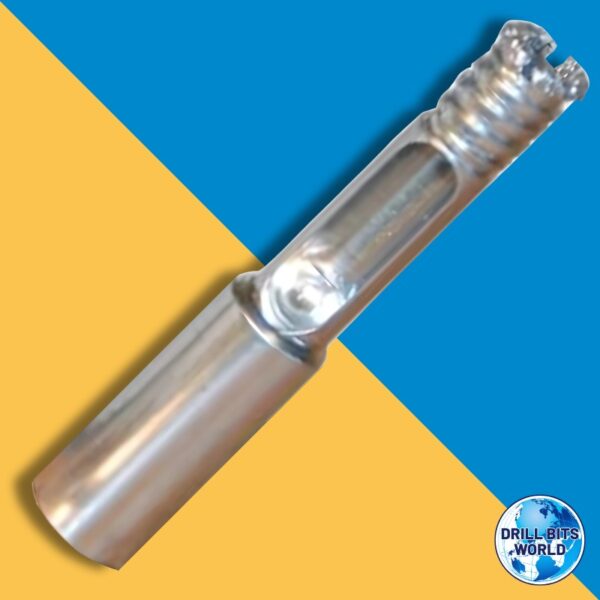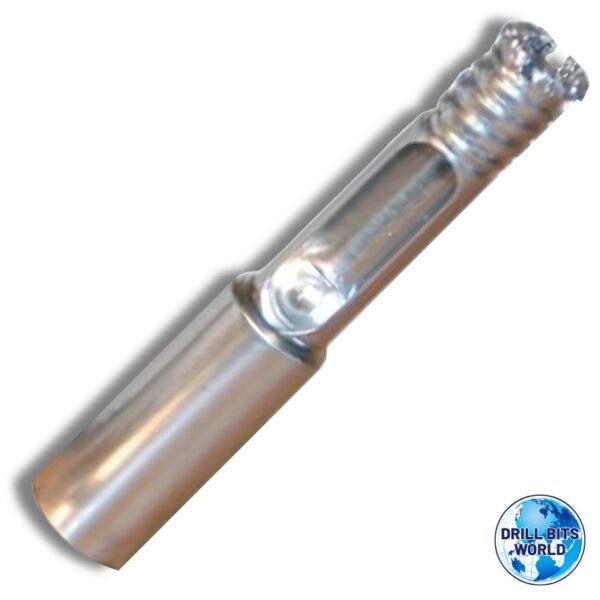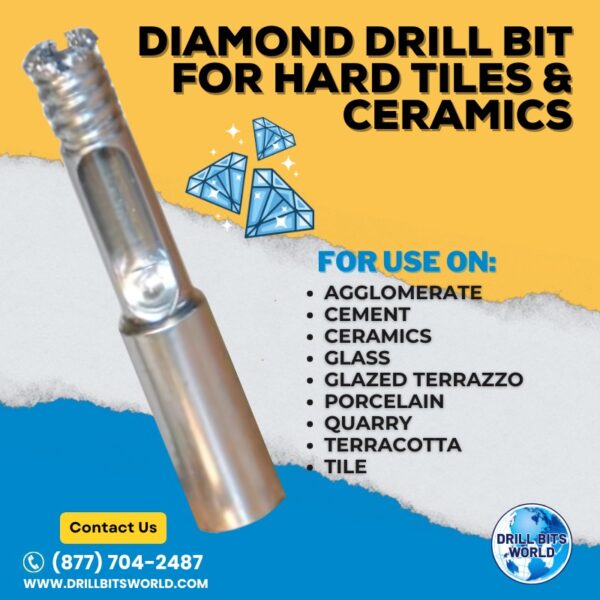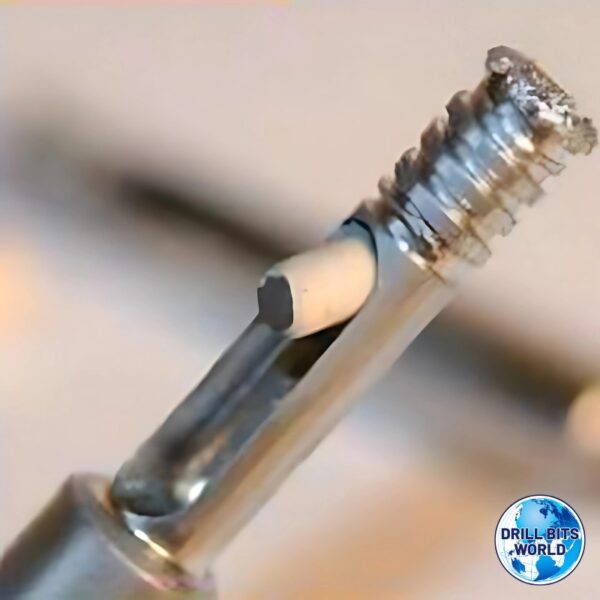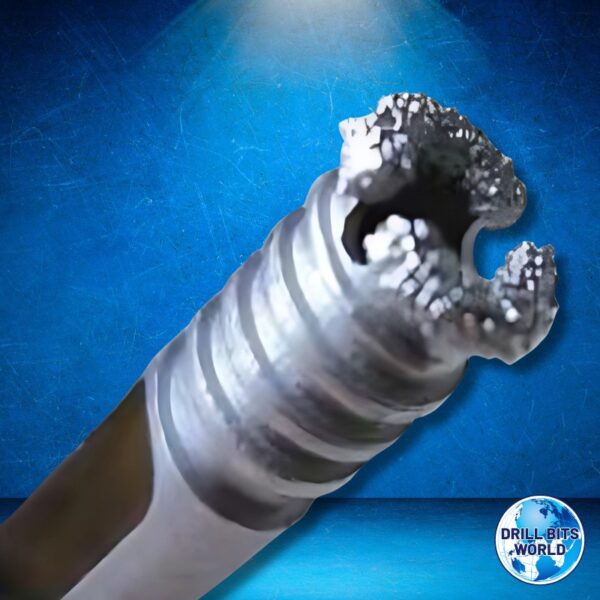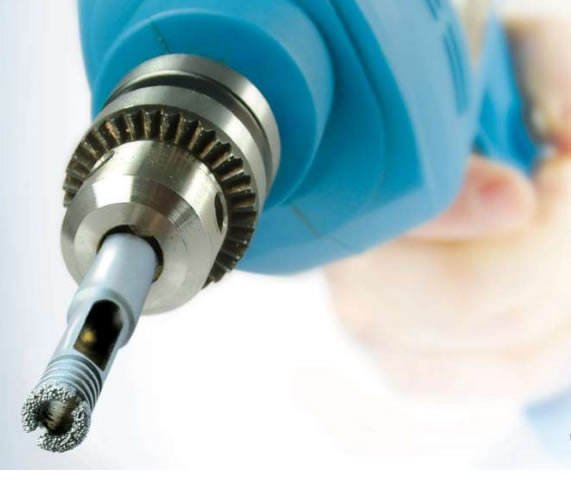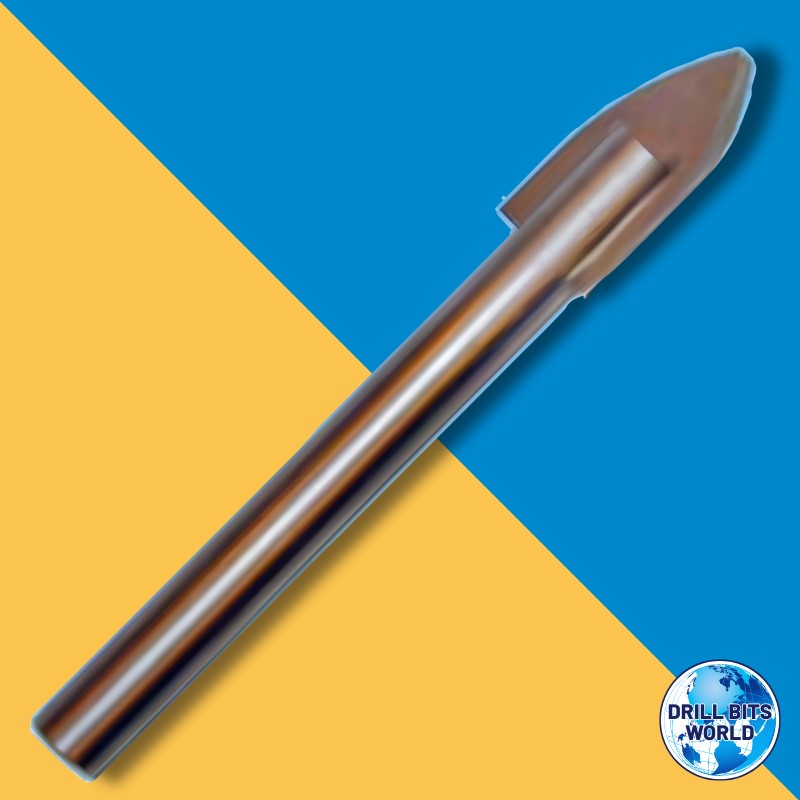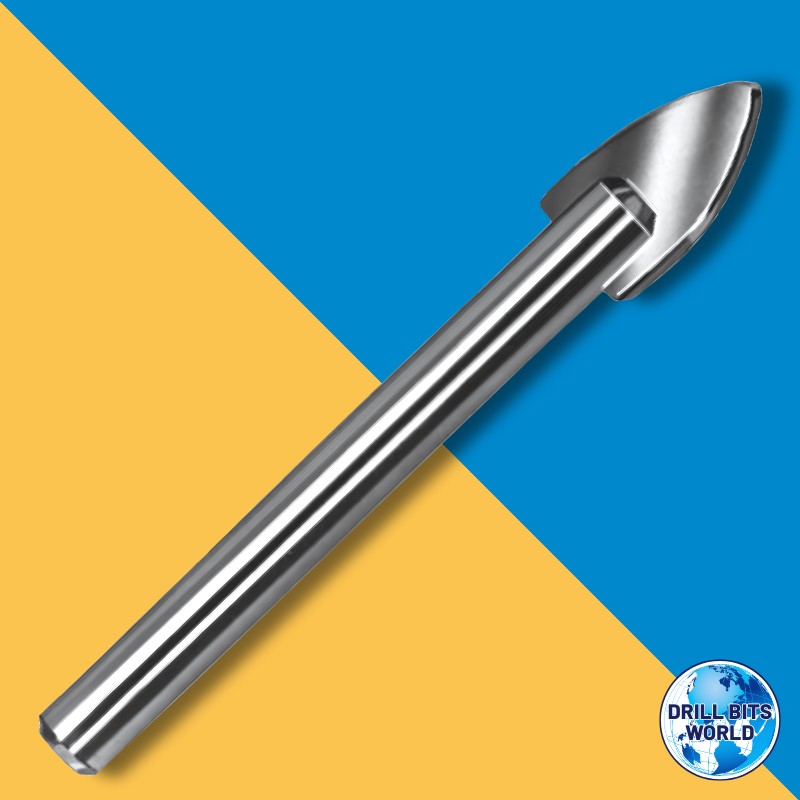3/8″ Diamond Drill Bit
$49.44
Discover the revolutionary Hard Tile Drill Bits, featuring a patented welded diamond tip for unmatched precision and durability. Perfect for drilling through glass and all tile types, including Class 5 floor tiles, these versatile bits handle porcelain, terracotta, and more with ease. Elevate your drilling experience today!
- Description
- Additional information
- FAQ's
Description
Introducing the 3/8″ Diamond Drill Bit, a revolutionary Hard Tile Diamond Drill Bit that represents a decade-long innovation engineered to exceed expectations. With its patented design featuring a welded diamond tip, this drill bit is the ultimate solution for drilling through glass and all types of tiles, including Class 5 floor tiles. Its versatility and durability allow it to effortlessly handle materials such as porcelain, quarry, terracotta, glazed, terrazzo, agglomerate, cement, and glass. Elevate your drilling experience with unmatched precision and performance you can trust.Additional information
| Weight | 1 lbs |
|---|---|
| Dimensions | 5 × 1 × 1 in |
| Diameter Size | 3/8 |
| For Use On | Agglomerate, Cement, Glass, Glazed Terrazzo, Porcelain, Quarry, Terracotta, Tile |
| Size Type | Fractional |
FAQ's: Diamond Drills
Will a diamond drill bit go through metal?
Not effectively—diamond bits are for non-metallic materials; they can burn out quickly on metal.
Why are diamond drill bits so cheap?
Many use a thin coating of industrial diamonds, which is inexpensive to produce compared to solid carbide.
Which is better, carbide or diamond drill bit?
Carbide for metals; diamond for hard, brittle non-metals.
What is the lifespan of a diamond drill bit?
It depends on material, cooling, and use—can range from a few holes to dozens when properly used with water cooling.
What is the difference between diamond and tungsten drill bits?
Diamond bits cut by abrasion; tungsten carbide bits cut by shearing. Each is best for specific materials.
What is the difference between a diamond drill and a hammer drill?
A diamond drill uses abrasive cutting with diamonds; a hammer drill uses percussive force to chip away at material.
What is the best drill bit for metal?
Carbide or cobalt drill bits are the best for metal—diamond bits are not suitable.
What are the disadvantages of diamond drilling?
Slower drilling speed in some materials, higher cost, and the need for constant cooling and cleaning.
What are the disadvantages of diamond drill bits?
They wear out quickly on soft materials, can be expensive, and require water cooling to prevent damage.
What are diamond drill bits used for?
Drilling through glass, ceramic, porcelain, tile, granite, marble, and other hard, brittle materials.
Is carbide better than diamond?
For metals, carbide is better. For hard non-metals like glass or stone, diamond is superior.
How to clean diamond drills?
Rinse in water to remove debris. For heavy buildup, scrub gently with a soft brush.
Do diamond drill bits use real diamonds?
Yes, but they’re synthetic diamonds made for industrial use, not gemstones.
Can you sharpen a diamond drill bit?
Not in the traditional sense, but you can expose fresh diamond grit by lightly drilling into a dressing stone or abrasive block.
Can a diamond drill bit cut through glass?
Absolutely. They’re the preferred choice for clean, chip-free holes in glass.
Are diamond drills good?
Yes, especially for hard, brittle materials like glass, ceramic, tile, and stone.
Are diamond drill bits the strongest?
For hardness, yes—diamonds are harder than any other cutting material. But they’re not always best for every material.
Are diamond drill bits real diamonds?
Yes—industrial-grade synthetic diamonds are bonded to the bit’s cutting surface.

